Published
- 03:00 am

AURA, South Africa’s leading security and medical response marketplace, has appointed David Myers as its Chief Operations Officer. Previously a General Manager and Regional Operations Lead at Uber for Europe, Middle East & Africa, Myers brings with him decades of experience that will stand him in perfect stead for this position.
Co-founder Ryan Green, who is moving into a new role at the company, hands over to Myers. “Start-up platform COOs should be very detailed and have the desire, grit and ability to understand how everything within the business works at all levels in order to effectively guide the broader team through the requirements, timelines and challenges that will inevitably arise. I believe David is perfect for this role and his work experience up to this point will be extremely valuable,” says Green.
For Myers, the position has personal meaning. “I started my career in the security industry in SA, at first with a proactive security start-up, and then ADT Tyco before moving to the largest and most efficient tech-enabled marketplace in the world at Uber. Combining these two allows me to leverage my learnings and experience while having an immense impact on people’s lives”. On reflecting on what motivates and drives him “the first is solving tough problems, and the second is building something new. AURA affords me both.”
Myers is excited to get involved in the company at its current level of operations too. “AURA is primed and ready to scale. Ryan will be transitioning into the area of launching new businesses and markets, scaling the business globally, as I take over as COO. He’ll build new markets from 0 to 1, hand over to me and the operations team, and we’ll build from 1 to 100.”
AURA is truly something the world needs, he says, and perfectly positioned to not only change the security industry, but society at large. “We can get anything on demand nowadays. You can order and get groceries, food and riding services at the push of a button, but one of the most basic needs, safety, is inaccessible. It’s the most important need of every single human. Even in developed countries, these industries have not advanced quickly enough from a tech perspective. AURA is the technology that finally enables this. And when people feel safe, societies thrive. No nation can move forward without it. The challenge of safety exists everywhere but manifests differently in different markets – in some areas it might be personal safety, in others violent or organised crime. I’m excited to work out how to address each market’s unique needs, balancing demand and supply, generating sufficient value for the marketplace, and building a sustainable business.”
Related News
- 06:00 am
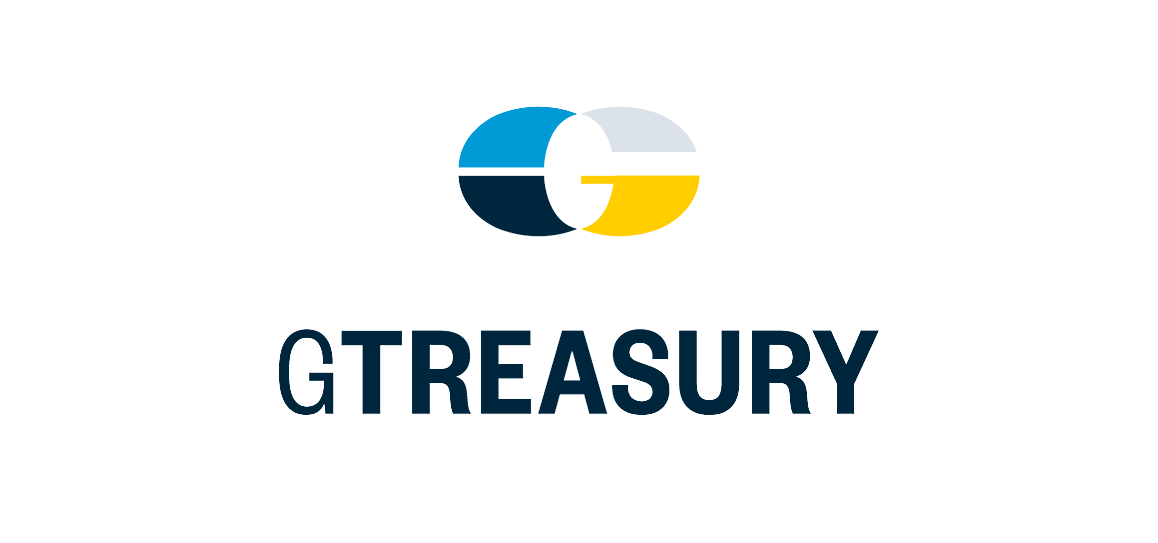
Imperium Markets clients can now have trades automatically pushed into their GTreasury portfolio – streamlining workflows and reducing risks by eliminating manual data entry
GTreasury, a treasury management platform provider, and Imperium Markets, an ASIC-licensed fixed-income trading platform for capital markets, partnered today to enable connectivity between the two platforms.
With this integration into GTreasury, Imperium Markets’ clients can now deal directly with their banking partners via Imperium’s market leading electronic request-for-quote process. Additionally, clients’ successful trades automatically flow into their GTreasury environment for treasury and risk management. This integration removes requirements for additional deal inputs – significantly streamlining treasurers’ workflows and reducing the potential for manual data entry issues.
“Integrating with GTreasury is a natural fit for Imperium Markets,” said Simon Teong, Chief Operating Officer, Imperium Markets. “Our cloud-hosted technology is built to disrupt the inefficiencies of the wholesale term deposit, money market and fixed income markets – investor portfolios and bank operating processes often consist of spreadsheets and technologies that are limited in functionality and do not assist in reducing known risk and compliance issues. Likewise, GTreasury offers treasurers all the digital tools they need to transform their treasury management for the long-term. The market leader in delivering innovative, comprehensive, and efficient treasury management solutions, we’re excited to partner with GTreasury and enable this integration between the two platforms.”
“Adding readymade connectivity between these two platforms will make it easier for treasurers to stay on top of deal flow with accurate, fast, and easy-to-use capabilities,” said Rob McGuinness, APAC Head of Sales and Account Management, GTreasury. “We look forward to seeing treasurers take advantage of what this partnership enables.”
Related News

Yash Chauhan
Analyst, Global Capital Markets at Validus Risk Management
Commenting on the market reaction to the Fed’s monetary policy statement, Yash Chauhan - Analyst, Global Capital Markets, at Validus Risk Management, said: “The Fed statement w see more
- 04:00 am
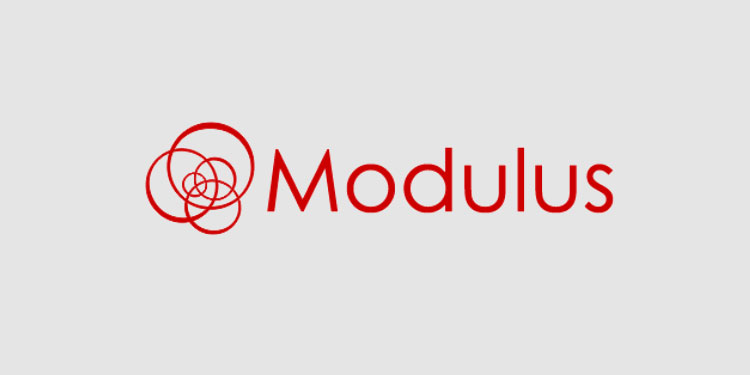
Reports coming out on Patreon CEO Jack Conte’s talk at The Information’s 2021 Creator Economy Summit focus on headlines which note that the company is looking at ways to embrace crypto as a monetization method for creators. Chief Product Officer Julian Gutman noted that… “there’s some fundamental technological components to NFTs as a way to sell value to your audience and sort of continue to gain value from that from secondary sales as what you do becomes more and more important to the world.” At the same time, Patreon’s current rules of service disallow many crypto-related functionalities. However, in this case, the theme was more important than the details.
“If you read excerpts from the executives’ talk, it seems clear that there is definitely interest from the platform to explore how they can embrace, more generally, what we would call the digital assets space. That may be through cryptocurrencies or NFTs, or perhaps even a way where followers could ‘buy’ a creator’s success ‘low’ and ‘sell high.’ What this talk really illustrated is that the blockchain allows us to explore so many different ways of creating assets and value. Things that, only a few years ago, would have been a totally foreign concept. Now, blockchain is making the impossible possible,” said Richard Gardner, CEO of Modulus, a US-based developer of ultra-high-performance trading and surveillance technology that powers global equities, derivatives, and digital asset exchanges.
At the talk, Gutman is quoted as saying:
One thing that I think Patreon has always been committed to at its core is making sure that we’re creating a sustainable, long-term path for creators, right? It’s not just a burst of monetization… So I think we’re certainly interested in evaluating and understanding how NFTs or some of the underlying technologies help us create that sustainable long-term earnings for creators. But I think when it comes to the hype around sales of individual assets and what not… not that we wouldn’t offer that if we felt it was really valuable to creators, as part of the broader portfolio of what they can offer… but I think for us, really thinking through how we’re continuing to ensure we’re creating a sustainable recurring future for creators is why we’re evaluating the crypto space more broadly.
“Which way Patreon eventually goes, or if they go any way at all --- that really shouldn’t be the headline here. If you’re looking at what has much wider implications than Patreon’s path forward as a company… it's that Patreon has all of these choices to begin with. The headline is that blockchain technology allows them to create the reward system which best fits their platform. Together, with their creators and their patrons, they will find the right blend that fits their brand. That’s not a question. The smorgasbord of options from which they get to select, that’s what’s truly impressive,” said Gardner.
Yesterday’s talk came on the heels of a September livestream which discussed the topic. At that time, Patreon’s Head of Policy, Laurent Crenshaw, said that “we’ve heard from a number of creators who have been interested in the opportunity to offer exclusive memberships and benefits to their patrons through a coin or token, a digital item that they can hold onto that shows that they are part of your fan club. And so we thought that at the very least, we could explore the opportunity of making that type of offering allowable under our guidelines.”
“There are so many ways they could go here. They could change the rules and allow for ICOs. They could create tokens which served as a currency for a particular creator. Either, possession of the token would give the holder a certain benefit to be redeemed through the platform, or, alternatively, it would give the holder a ‘share’ of the creator’s future success,” said Gardner. “Really, the options are limited by their imagination and their ability to develop the technology.”
Modulus is known throughout the financial technology segment as a leader in the development of ultra-high frequency trading systems and blockchain technologies. Modulus has provided its exchange solution to some of the industry’s most profitable digital asset exchanges, including a well-known multi-billion-dollar cryptocurrency exchange. Over the past twenty years, the company has built technology for the world’s most notable institutions, with a client list which includes NASA, NASDAQ, Goldman Sachs, Merrill Lynch, JP Morgan Chase, Bank of America, Barclays, Siemens, Shell, Yahoo!, Microsoft, Cornell University, and the University of Chicago.
“Patreon is a single platform with an existing user base of creators and patrons. Ultimately, they could develop a token-based system that was particularly tied into their brand and useful only through their website, or, alternatively, they could go another way and create partnerships which would allow creators special access into some blockchain-based rewards systems which are being created by other developers and startups. What’s happening in the space right now really is pretty special. There’s so much innovation, and anybody with an idea and the ability to execute can become very successful,” Gardner said.
Related News
- 01:00 am
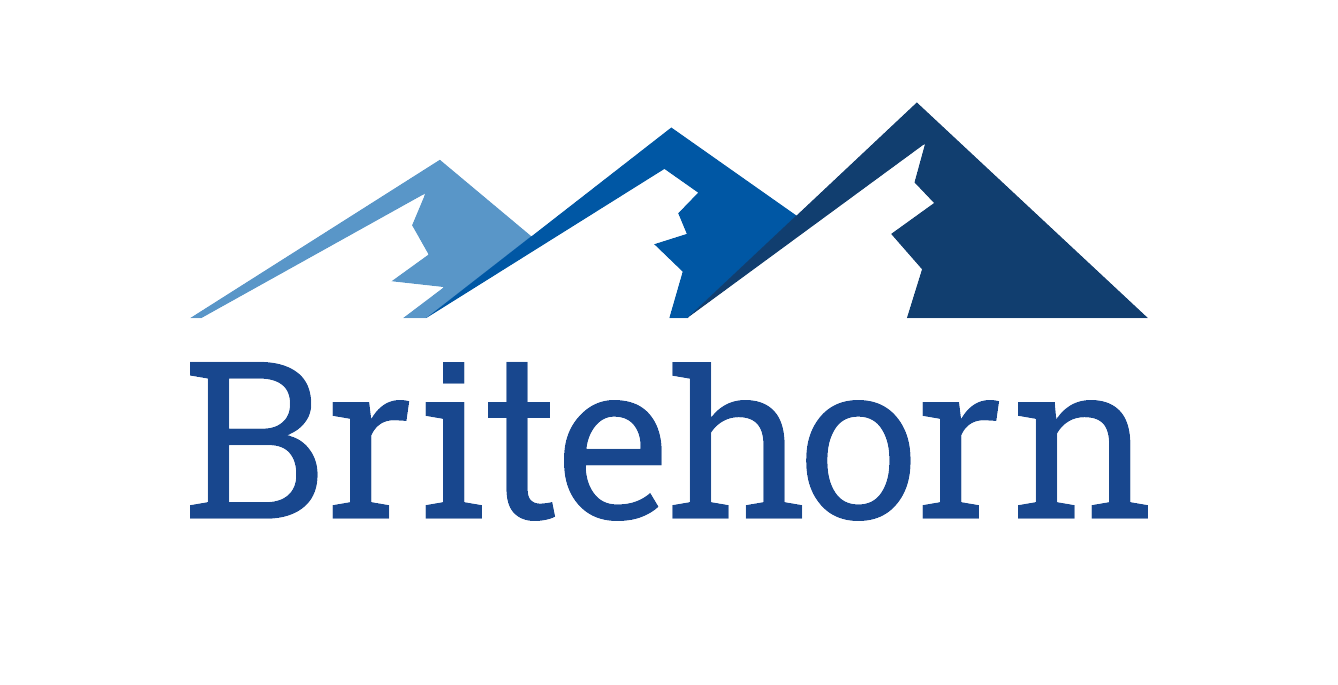
Britehorn Partners is pleased to announce that its client, Tryon Title Agency, has been acquired by a leading private equity platform with over $5bn of assets under management. The acquisition represents the first part of a proprietary strategy this platform intends to execute across the title industry.
Tryon Title Agency is a market-leading independent title insurance agency based in North Carolina with expertise in residential and commercial title services. The company was founded in 2007 by CEO Chris Corchiani, who will continue as CEO and remain a material owner of the business. Tryon is uniquely positioned with a strong industry reputation, an expanding market position, and a highly experienced in-house team to take advantage of expanding opportunities in the rapidly evolving title industry.
"We are absolutely delighted to partner with this buyer, believe in its plan for the title industry and are excited about this next phase of our company's growth," echoed Chris Corchiani. "We are also very grateful to our investment banking team, Britehorn Partners, led by Britehorn co-founding Partner Bobbi Babitz Armstrong. Bobbi and her team's unparalleled knowledge of the title industry and experience in getting deals across the finish line were essential to us throughout — making sure we found the right buyer, always advocating for us, and guiding us through every step of the transaction," said Corchiani.
"The combination of Tryon Title Agency's world-class leadership with the private equity partner's deep strategic and financial support best positions the company, we believe, to continue its impressive trajectory," said Bobbi Babitz. "We are thrilled to have helped Chris and his team identify the best partner for the next chapter of Tryon's incredible story," added Britehorn co-founding Partner Brett Story.
Related News
- 02:00 am
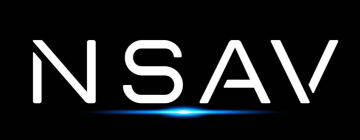
Net Savings Link, Inc. (OTC Pink: NSAV), a cryptocurrency, blockchain and digital asset technology company, today announced an update on its pending acquisition of a leading Cryptocurrency Exchange. On October 21, 2021, NSAV signed a Letter of Intent (“LOI”) to acquire a 51% stake in an unnamed, leading cryptocurrency exchange. Both sides are working to close the acquisition as quickly as possible. Management believes that this acquisition will be a game changer for the Company and a key component in the NSAV ECO-system.
Dato’ Sri Desmond Lim, Interim CEO and Senior Vice President of Cryptocurrency Operations for NSAV and Silverbear Capital partner stated, “We would like to thank the team at BW for their recent tweet, welcoming NSAV to the BW family. We would also like to thank the NSAV shareholders for their support, as this is a major transaction and may be taking a bit more time than we originally anticipated. The Company will provide updates as circumstances warrant.”
Related News
- 04:00 am

The FCA is today publishing a Discussion Paper inviting views on potential criteria to classify and label investment products. This is aimed at helping consumers navigate their sustainability characteristics. The Discussion Paper forms part of the FCA’s new wider ESG Strategy, also released today. The strategy sets out the FCA’s critical role in supporting the transition to a more sustainable economy, working with industry, listed companies and international partners.
The Strategy will be built around five key themes:
- Transparency – promoting transparency on climate change and wider sustainability along the value chain
- Trust – building trust and integrity in ESG-labelled instruments, products and the supporting ecosystem
- Tools – working with others to enhance industry capabilities and support firms’ management of climate-related and wider sustainability risks, opportunities and impacts
- Transition – supporting the role of finance in delivering a market-led transition to a more sustainable economy
- Team – developing strategies, organisational structures, resources and tools to support the integration of ESG into FCA activities
The FCA is also gathering feedback on supporting entity-level and product-level disclosures. The FCA will leverage existing initiatives in this area to ensure coherence with market practice and other regulation. The input received will then guide the FCA’s policy design in this area, ahead of consultations on new proposals in spring 2022.
Emma Wall, Head of Investment Analysis and Research at Hargreaves Lansdown:
“It is fantastic to see the regulator giving responsible investing the attention it deserves. We believe investing with environmental, social and governance issues in mind is simply good risk management – leaders who run businesses conduct aware, with the climate and society in mind, are likely to have sustainable revenues and profits. Investors have recognised this too – amongst our clients flows into responsible investment funds have gone up 6,000% in the last five years. We welcome the particular focus on transparency, which we know investors are calling for, as well as the wider commitment to supporting the transition to a greener, cleaner economy.”
Related News
- 09:00 am

The news follows Minterest’s recent $6.5m raise to create a new, fairer DeFi structure that puts users first
Minterest, a value-capturing lending and borrowing protocol designed to make DeFi fairer for users, has announced that it will be deployed on Moonbeam, an Ethereum-compatible smart contract parachain on Polkadot.
Moonbeam will provide recognised world-class technical support to assist with the protocol’s migration, while, in turn, Minterest will act as a magnet for attracting liquidity onto Moonbeam’s parachain. In joining the Moonbeam ecosystem, Minterest is also committing to creating opportunities specific to the Moonbeam community, allowing them to engage with, and benefit from, the protocol.
Josh Rogers, CEO and Founder of Minterest said, “We have made a significant step forward in choosing to build on Moonbeam. After undertaking an extensive and strategic assessment of Minterest’s options, it became clear that Moonbeam was the perfect deployment destination, and by far the best fit for the next phase of the protocol’s development. Moonbeam’s developer-friendly approach and ability to provide a gateway to Polkadot and all of its native assets are just some of the reasons we chose Moonbeam.”
Created by industry leaders to service billions in total value locked (TVL), Minterest is the world’s first lending protocol that captures 100% of value from interest, flash loan and liquidation fees which then get passed on to users. Unique features include an automated on-chain liquidation process and a buy-back mechanism which automatically passes on revenue to contributing platform users.
Moonbeam has made significant contributions towards the development of Polkadot’s EVM and boasts an impressive ecosystem, with over 70 projects committed to building on the platform.
Rogers said, “By launching on Moonbeam, we are able to offer our users a product that combines the best of both worlds. Since Moonbeam is built on Polkadot, we gain instant access to world class network security, low gas fees, and all the functionality that Polkadot brings. At the same time, Moonbeam’s compatibility also enables our users to seamlessly access the protocol via existing Web3.0 wallets.”
"As DeFi protocols mature, they are being measured with some of the same financial metrics used to measure traditional company performance," said Derek Yoo, Founder of Moonbeam. "One of these metrics is protocol revenue. Minterest's approach to distribute all protocol revenue back to token holders is both unique and in keeping with the spirit of Web3. We are looking forward to supporting the Minterest team in growing their DeFi ecosystem on Moonbeam."
Related News
- 04:00 am
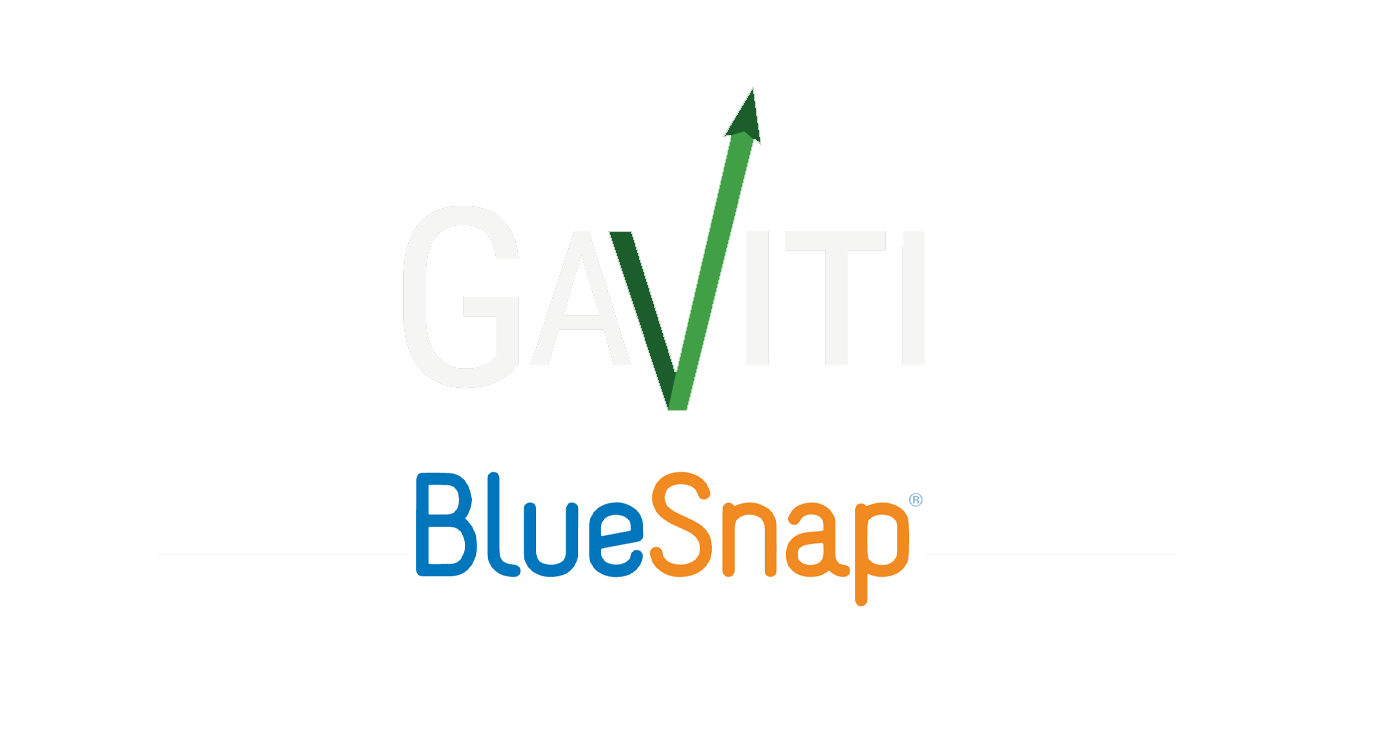
New integration allows businesses to create a single source for all their collection needs.
BlueSnap, a payment company helping businesses accept payments in over 200 geographies, today announced its partnership with Gaviti, a leader in automated A/R collections.
BlueSnap and Gaviti have partnered together to help businesses create a seamless and efficient method for automated A/R collections. Gaviti, a leader in automated A/R collections, offers customers the ability to create a more efficient collection procedure and increase their company cash flow. And through their partnership with global payment experts BlueSnap, Gaviti’s customers will now be able to effectively streamline and optimize global payment processing, simplify their business operations and, in turn, reduce overall costs.
“Relieving the burden from our customers to receive payments for their invoices is a tremendous benefit and increases efficiency in invoice collections,” says Yan Lazarev, Founder & CEO of Gaviti. “Our goal is to streamline the entire collections process so that our customers can increase cash flow, improve their DSO, and focus on building their company rather than waste unnecessary time collecting outstanding receivables”.
“We are excited to partner with Gaviti to bring global payments options to businesses”, said Ralph Dangelmaier. “Our integration with Gaviti will help customers to achieve global expansion, increase revenue and reduce overall costs.”
With the new integration of BlueSnap’s All-in-One Payment Platform to Gaviti, businesses have access to a single powerful solution that allows them to sell in over 200 geographies with access to local acquiring in 47 countries, 110+ currencies and 100+ global payment types. Additional features include:
· Global pre-built features
· 3DS
· Chargeback management
· Enhanced fraud protection
· Unified global reporting
Related News
- 03:00 am

- Findings suggest an appetite for expansion among small and medium-sized enterprises in the UK
- Hidden fees when conducting cross-border payments continue to be a pain point for many businesses
- Accelerated digital adoption is expected to continue as many shift away from traditional banks to manage finances
Global fintech platform Airwallex today announced findings from a survey conducted on UK-based small and medium-sized enterprises (SMEs), revealing that more than three-quarters of SMEs in the UK have plans for geographical expansion next year, with more than two-thirds believing that digital adoption will be important to enable accelerated growth opportunities.
The poll of 500 business decision makers considered the reality facing UK SMEs as they look to invest in, and grow, their operations in 2022.
UK SMEs push ahead with international expansion
Widespread UK SME global expansion is planned for 2022, with 77% of those polled having said they plan to expand their presence in Europe and/or other international markets. 62% (six in ten) of UK SMEs plan to expand into Europe next year, and 38% have expansion plans beyond Europe.
Expansions plans are driven by the need to extend their business networks:
- More than half (54%) of UK SMEs’ expansion strategies for 2022 involve sourcing new customers
- Over two-fifths (45%) are aiming to source new suppliers abroad
- To support their growth, nearly two-fifths (43%) also plan to expand marketing activities, with the same figure opting to establish new trade partnerships in international markets
Hidden fees a pain point for UK SMEs
Despite the focus on international expansion, the survey also suggested that business decision makers within UK SMEs are largely resigned to making extensive payment fees and foreign exchange.
Cross-border payment challenges continue to have brought significant frustrations, particularly at a time when COVID has forced many to make and manage cross-border payments.
- More than half (53%) of UK SME business decision makers view international FX fees on cross-border payments as a pain point that takes too much effort to work around, while 26% think they are a pain point which cannot be avoided
- Over two-thirds (70%) agree the 'hidden fees' that come with dealing internationally with merchants are just a “necessary evil" of doing business across borders
- Managing payments in local currencies is also an issue: over half (58%) agree that paying international suppliers in their local currencies is a headache
UK SMEs keen to invest in business growth
In addition to expansion plans, the survey also gauged the impact payment fees might have on UK SME growth. Over two-thirds (69%) of respondents agree that businesses which don't take steps to cut down on unnecessary fees/charges around international trade are handicapping their growth.
Indeed, the survey revealed that losses from card fees specifically could otherwise be put to better use enabling business growth:
- Three-quarters (75%) of UK SMEs would invest that freed-up budget back into their business
- One fifth (21%) would invest savings back into staffing
- 17% would opt to invest in marketing, with the same figure opting to expand the product range
- Around one in ten (12%) would invest in facilities, e.g., office expansion
UK SMEs show increased appetite for digital adoption
Two-thirds (66%) of UK SME business decision makers believe that organisations which don't adapt their banking strategy for the digital age will struggle against competitors. For many, the visibility and transparency that a digital platform offers is key: 64% of respondents think businesses without a real-time view of expenses, transfers, and all other transactions to track are not firmly in control of their finances.
While 7% of respondents have already moved all or the majority of their finances away from traditional banking to manage them on a digital fintech platform, a further 68% would consider doing this in future. In fact, more than two-fifths (44%) are considering doing this within the next 12 months.
Jed Rose, GM, EMEA at Airwallex comments, “As businesses throughout the world have been impacted by the pandemic, more innovative, tech-driven strategies are giving them the opportunity to enhance their globalisation efforts. Whether it is the ability to open accounts in new markets within seconds, or combining all international payments into one platform for greater control and flexibility, identifying tech platforms that can enable end-to-end solutions which support business expansion across borders can facilitate sustainable future growth for businesses of all sizes.”
- Findings suggest an appetite for expansion among small and medium-sized enterprises in the UK
- Hidden fees when conducting cross-border payments continue to be a pain point for many businesses
- Accelerated digital adoption is expected to continue as many shift away from traditional banks to manage finances
LONDON, UK – 3 November 2021 – Global fintech platform Airwallex today announced findings from a survey conducted on UK-based small and medium-sized enterprises (SMEs), revealing that more than three-quarters of SMEs in the UK have plans for geographical expansion next year, with more than two-thirds believing that digital adoption will be important to enable accelerated growth opportunities.
The poll of 500 business decision makers considered the reality facing UK SMEs as they look to invest in, and grow, their operations in 2022.
UK SMEs push ahead with international expansion
Widespread UK SME global expansion is planned for 2022, with 77% of those polled having said they plan to expand their presence in Europe and/or other international markets. 62% (six in ten) of UK SMEs plan to expand into Europe next year, and 38% have expansion plans beyond Europe.
Expansions plans are driven by the need to extend their business networks:
- More than half (54%) of UK SMEs’ expansion strategies for 2022 involve sourcing new customers
- Over two-fifths (45%) are aiming to source new suppliers abroad
- To support their growth, nearly two-fifths (43%) also plan to expand marketing activities, with the same figure opting to establish new trade partnerships in international markets
Hidden fees a pain point for UK SMEs
Despite the focus on international expansion, the survey also suggested that business decision makers within UK SMEs are largely resigned to making extensive payment fees and foreign exchange.
Cross-border payment challenges continue to have brought significant frustrations, particularly at a time when COVID has forced many to make and manage cross-border payments.
- More than half (53%) of UK SME business decision makers view international FX fees on cross-border payments as a pain point that takes too much effort to work around, while 26% think they are a pain point which cannot be avoided
- Over two-thirds (70%) agree the 'hidden fees' that come with dealing internationally with merchants are just a “necessary evil" of doing business across borders
- Managing payments in local currencies is also an issue: over half (58%) agree that paying international suppliers in their local currencies is a headache
UK SMEs keen to invest in business growth
In addition to expansion plans, the survey also gauged the impact payment fees might have on UK SME growth. Over two-thirds (69%) of respondents agree that businesses which don't take steps to cut down on unnecessary fees/charges around international trade are handicapping their growth.
Indeed, the survey revealed that losses from card fees specifically could otherwise be put to better use enabling business growth:
- Three-quarters (75%) of UK SMEs would invest that freed-up budget back into their business
- One fifth (21%) would invest savings back into staffing
- 17% would opt to invest in marketing, with the same figure opting to expand the product range
- Around one in ten (12%) would invest in facilities, e.g., office expansion
UK SMEs show increased appetite for digital adoption
Two-thirds (66%) of UK SME business decision makers believe that organisations which don't adapt their banking strategy for the digital age will struggle against competitors. For many, the visibility and transparency that a digital platform offers is key: 64% of respondents think businesses without a real-time view of expenses, transfers, and all other transactions to track are not firmly in control of their finances.
While 7% of respondents have already moved all or the majority of their finances away from traditional banking to manage them on a digital fintech platform, a further 68% would consider doing this in future. In fact, more than two-fifths (44%) are considering doing this within the next 12 months.
Jed Rose, GM, EMEA at Airwallex comments, “As businesses throughout the world have been impacted by the pandemic, more innovative, tech-driven strategies are giving them the opportunity to enhance their globalisation efforts. Whether it is the ability to open accounts in new markets within seconds, or combining all international payments into one platform for greater control and flexibility, identifying tech platforms that can enable end-to-end solutions which support business expansion across borders can facilitate sustainable future growth for businesses of all sizes.”









